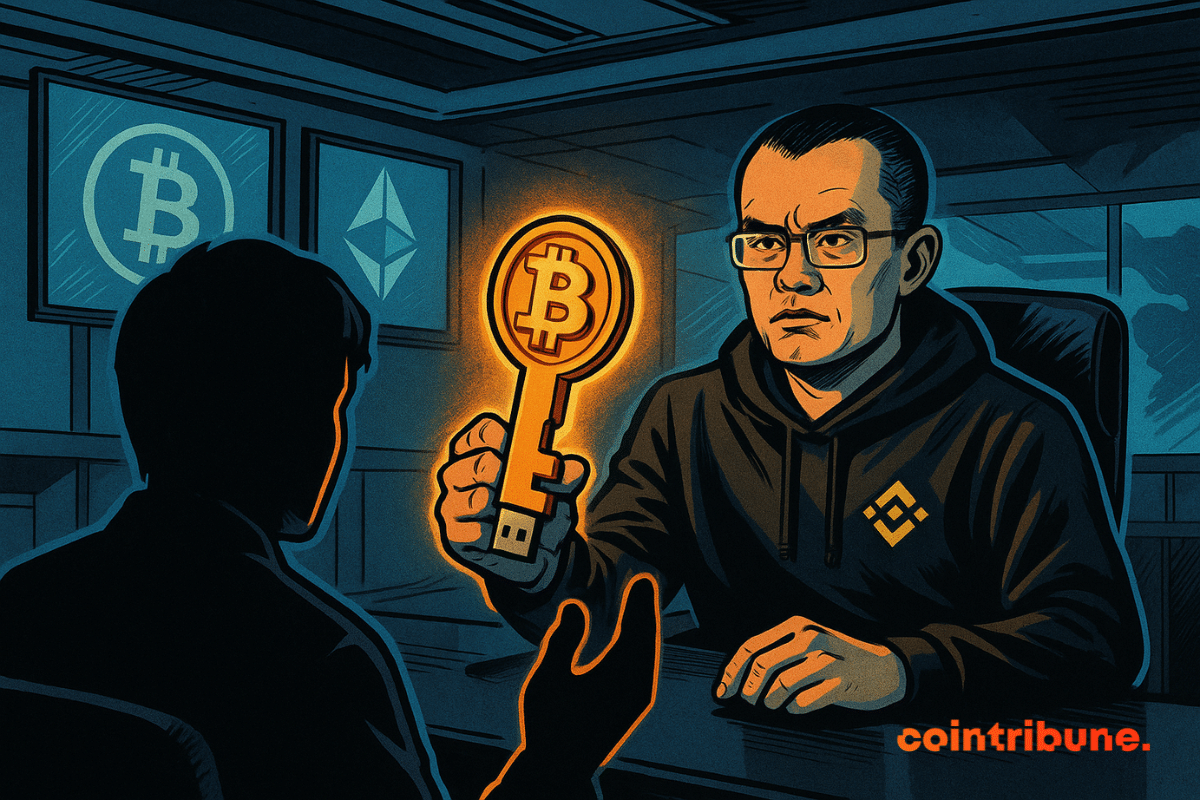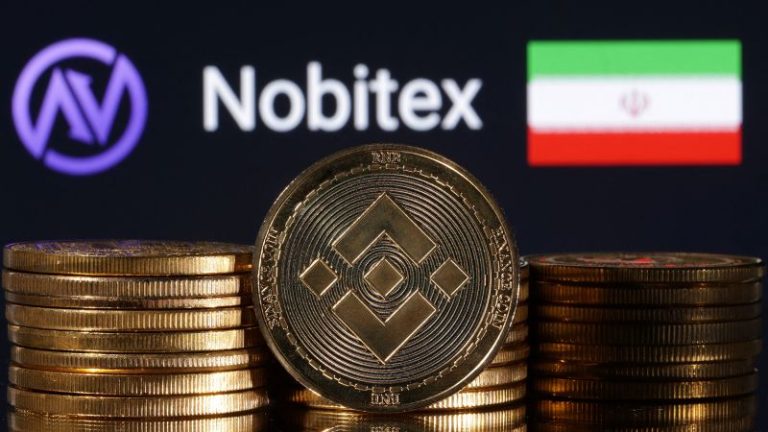20h05 ▪
5
min read ▪ by
Taking care of your crypto-assets while alive is already a headache. Between fear of theft, hacking risks, and kidnapping threats, caution is paramount. But what happens after we die? This question, still taboo in the Web3 universe, comes back to the table with Binance’s latest initiative. It raises a problem as universal as it is uncomfortable: how to pass on what you have so carefully protected without losing track of it?
In brief
- More than one billion dollars in crypto are lost each year due to the absence of a designated heir.
- Binance launches an inheritance feature allowing to alert a contact after long inactivity.
- CZ advocates for a universal standard to transfer crypto according to predefined proportions.
- The community warns about the intangible value of Web3 accounts, which are difficult to transfer today.
Orphan Crypto: When Assets Disappear with Their Holders
Every year, more than one billion dollars in crypto disappear due to unforeseen deaths. The number is chilling. Unlike traditional money, it’s impossible to contact a banker or provide a death certificate to unlock a wallet. Without the private key, your digital assets become inaccessible memories.
In a post published on X, CZ summarizes the urgency:
This is a topic people avoid, but the fact is, humans cannot live forever yet. Every platform should have a ‘will function’.
The idea? To allow users to designate beneficiary accounts with a predefined share distribution.
This functionality, Binance launched on June 12, 2025. It allows marking an emergency contact after prolonged inactivity, paving the way for an inheritance request.
But this advance does not solve everything. @Uniswap12, an active Binance user, expressed a more subtle reservation: “My Binance account contains essential intangible assets, like my posts, my 72,000 followers. For me, that’s worth more than money.”
Testamentary function: towards a new Web3 standard?
What CZ proposes goes beyond a simple technical feature. He sketches a new standard, where death is no longer a black hole but a passage point. By integrating a “will function”, platforms not only respond to a moral necessity: they establish a form of continuity, almost heritage-like, in an ecosystem known for its volatility.
For @Binn1190, this evolution is a demonstration of genuine decentralization:
Banks rarely release the assets of the deceased. Knowing that our values can be passed on strengthens trust.
At the same time, CZ suggests opening accounts to minors, so they can be beneficiaries without necessarily trading. A measure that still needs regulation but opens the debate.
But this intention clashes with still unclear legal realities. In the United States, crypto assets are considered personal property, comparable to furniture or shares. It is therefore impossible to apply traditional mechanisms of life insurance or bank accounts. In case of death without a will, the state inheritance law applies, but without the private key, the inheritance remains inaccessible.
The solution? A twofold approach: a classic will accompanied by technical instructions, kept secured. Never write your keys in the will itself, as it becomes public during the probate process.
Crypto inheritance: what happens to our digital identities?
Digital death goes beyond wealth. The question today is: what becomes of your crypto “self”? Your followers, your SBT tokens, your wallet-linked IDs are not just assets. They are your trace, your Web3 footprint.
@Uniswap12 rightly warns about this intangible value. His Binance account, like others, is much more than a wallet. It’s a platform of influence, a space of recognition. He calls for a solution inspired by telephone operators: a full transfer of the account to the designated beneficiary.
But Web3, by its very design, relies on non-transferable links. The “Soulbound Token” is precisely made to be attached to a unique identity. How to inherit what cannot be divided or assigned? The debate is open.
Some figures speak for themselves:
- More than 1 billion $ in unclaimed crypto annually after unexpected deaths;
- 72,000 followers on @Uniswap12’s Binance account, an example of intangible influence;
- Average age of crypto holders: 27 to 42 years;
- Binance launched its “will function” on June 12, 2025;
- Crypto is not covered by traditional banking inheritance mechanisms.
Preparing the transfer of bitcoins and cryptos is a real challenge. Reflections have existed for several years, especially on the transfer of bitcoins after death. Technical and legal avenues have been proposed. But nothing replaces a collective awareness.
Maximize your Cointribune experience with our “Read to Earn” program! For every article you read, earn points and access exclusive rewards. Sign up now and start earning benefits.
La révolution blockchain et crypto est en marche ! Et le jour où les impacts se feront ressentir sur l’économie la plus vulnérable de ce Monde, contre toute espérance, je dirai que j’y étais pour quelque chose
DISCLAIMER
The views, thoughts, and opinions expressed in this article belong solely to the author, and should not be taken as investment advice. Do your own research before taking any investment decisions.













